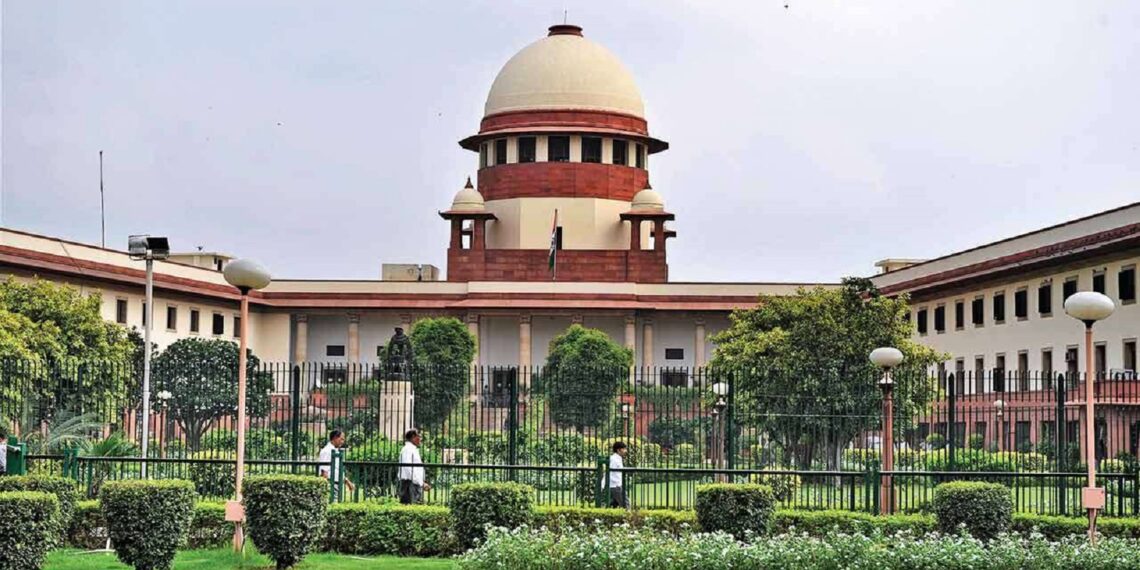In a landmark verdict before the upcoming Lok Sabha polls, the Supreme Court has struck down the controversial electoral bond scheme.
On Thursday, a five-judge constitution bench unequivocally declared the scheme unconstitutional, asserting that it encroached upon citizens’ fundamental right to access information held by the government.
Chief Justice of India, DY Chandrachud, stressing on the key role of political parties in the electoral process, highlighted that transparency in their funding is indispensable for informed electoral choices.
“The Right to Information (RTI) law extends beyond mere state affairs, encompassing information crucial for fostering participatory democracy,” a news agency quoted Chief Justice Chandrachud as saying.
The court’s verdict underscored that electoral bonds represent just one facet of combating black money in politics, and alternative measures exist for achieving this objective.
In a move aimed at immediate action, the highest court mandated banks to cease the issuance of electoral bonds forthwith.
Additionally, it entrusted the State Bank of India (SBI) with the task of revealing details of electoral bonds cashed by political parties.
These crucial insights will be shared with the Election Commission of India (ECI), which will subsequently publish them on its website, ensuring transparency and accountability in political funding.
The journey towards this significant judicial pronouncement began on November 2, 2023, when a panel of five judges, led by Chief Justice Chandrachud, reserved its decision on the matter after thorough deliberation.
Electoral bonds were introduced with the noble objective of curbing cash donations to political parties.
Launched by Prime Minister Narendra Modi’s government in 2018, these bonds were heralded as a step towards greater transparency in political funding.
Functioning as interest-free instruments with fixed denominations ranging from Rs 1,000 to Rs 10 million, electoral bonds allowed citizens and corporations to make donations to political parties without disclosing their identities.
However, the scheme imposed stringent conditions, limiting their issuance to registered political parties meeting specific electoral criteria.















